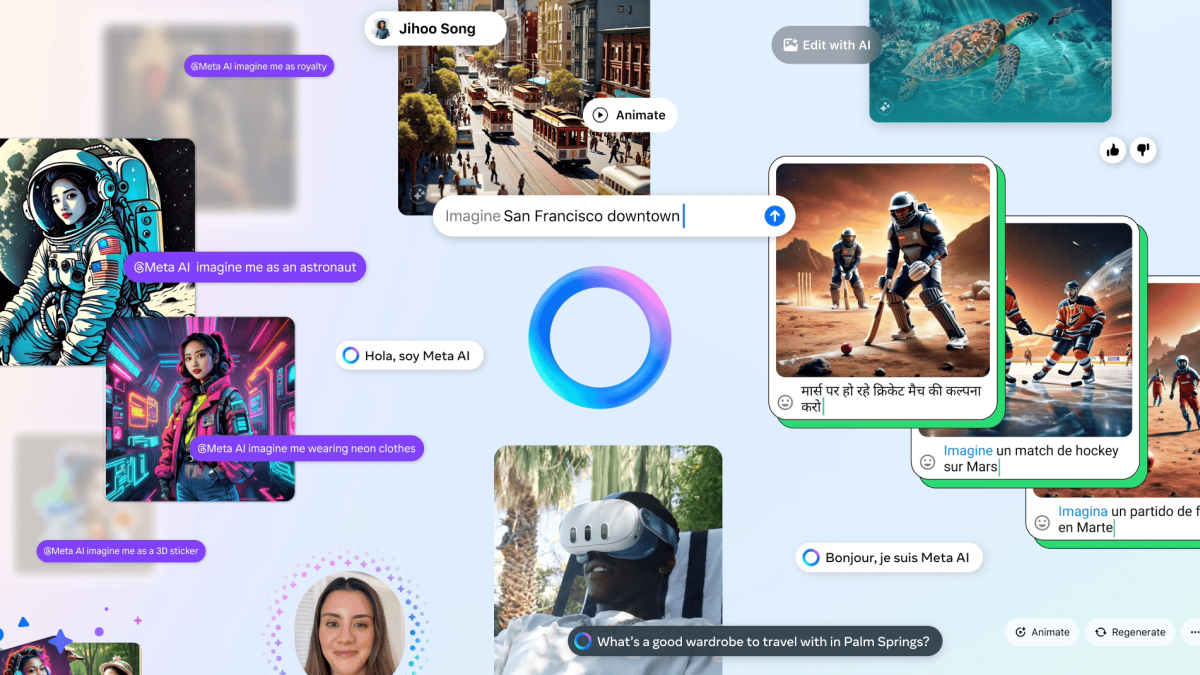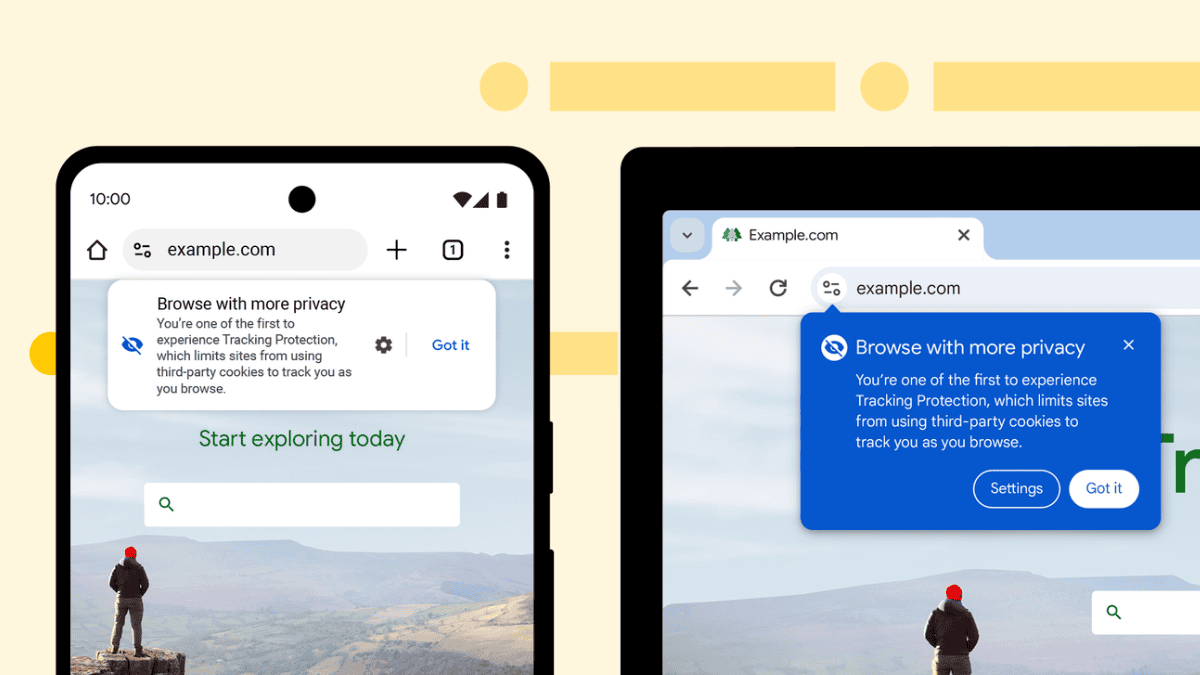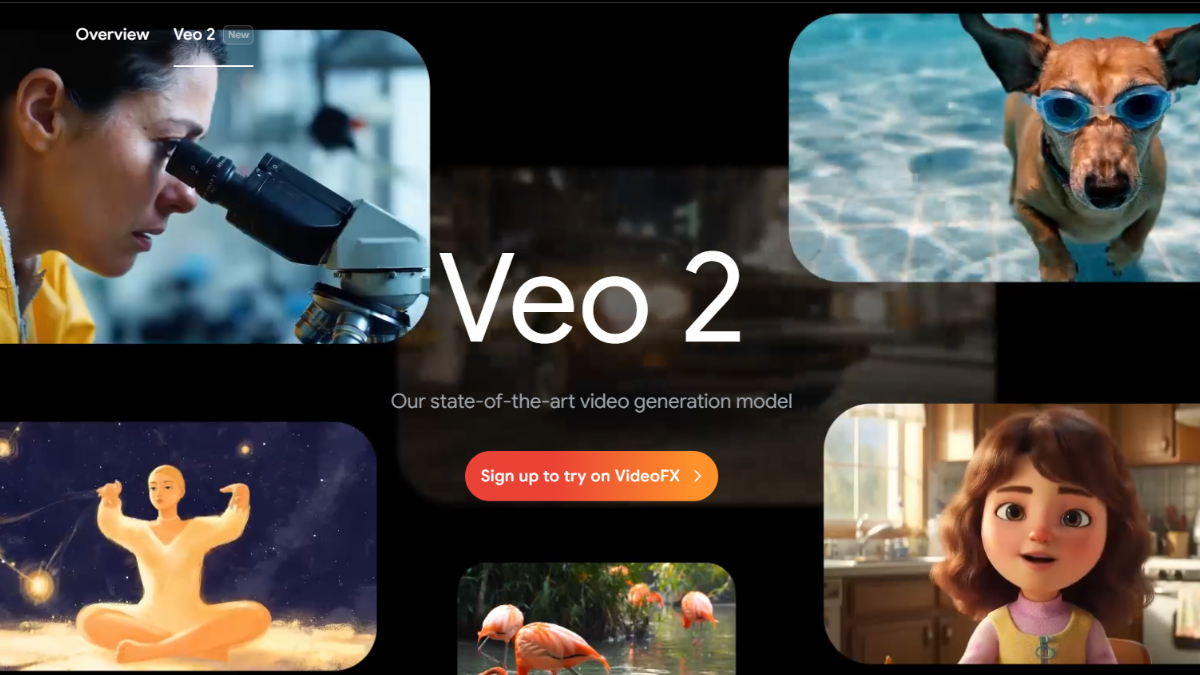Microsoft wades into US policing inequality issue with Criminal Justice Reform Initiative
3 min. read
Published on
Read our disclosure page to find out how can you help MSPoweruser sustain the editorial team Read more

As one of the richest companies in the world, Microsoft feels a special responsibility to address not just profit but social issues, and this includes helping to erase inequalities, including with the application of justice in the USA.
Since 2019 Microsoft has been working on their Criminal Justice Reform Initiative, inspired by other police brutality incidents that disproportionately impact the black community.
As an IT and big data company, Microsoft’s solution was uniquely data-driven, with the aim of building positive relationships between police and communities.
Microsoft is using their technology and expertise to improve access to, and usage of, data highlighting racial disparities while also promoting transparency between those working within the system and the community members they serve.
They note that in the United States, an arrest is made every three seconds and only 5% of those arrests are for violent offences – the majority are for low-level offences such as “drug abuse violations.” Black people are 2.39 times more likely to be arrested for these types of violations despite research that suggests black and white people use illegal drugs at similar rates.
Microsoft is working to bring awareness to these types of racial disparities by providing relevant stakeholders with increased access to data, insights and analytics tools, helping organizations improve transparency and measure progress.
Microsoft has partnered with the Vera Institute, who’s Vera Institute Arrest Trends interactive visualization tool (backed by Azure) combines 40 years of data from thousands of agencies across the U.S. to produce trends in arrests, arrest demographics, clearance rates and victimizations to enable users to better understand current and historical trends and drive changes in policing policy and practices.
Microsoft has also partnered with the Urban Institute and the USC Sol Price Center for Social Innovation to synthesize multiple data sources to create a comprehensive measure of police-community relations at the neighbourhood level in Los Angeles. They will then examine variation across neighbourhoods and use local convenings to explore how the analysis might be used to help build trust among law enforcement agencies and communities.
Microsoft is also supporting innovative programs and policies, such as the Law Enforcement Assisted Diversion program in Seattle, that is designed to provide law enforcement with more restorative alternatives to service delivery.
LEAD is working to help local law enforcement shift their tactics from punitive to diversionary, particularly when dealing with individuals suffering from mental illness and addiction. LEAD program participants are 58% less likely to be rearrested, nearly twice as likely to have housing and 46% more likely to be employed or receive job training after going through the program. The success of LEAD has garnered national attention and has been replicated in over 50 jurisdictions in the country. Microsoft is helping LEAD to serve more people by creating a dashboard that automates the referral process and provides real-time insights to measure the efficacy of diversion tactics.
At a higher level, Microsoft is also working with both local and national law enforcement organizations and groups such as the Coalition on Public Safety and Stand Together to advance criminal justice reform policies and programs.
Ultimately, like companies, Microsoft wants to empower law enforcement organizations to transform themselves for the better. Read more about their mission here.








User forum
0 messages